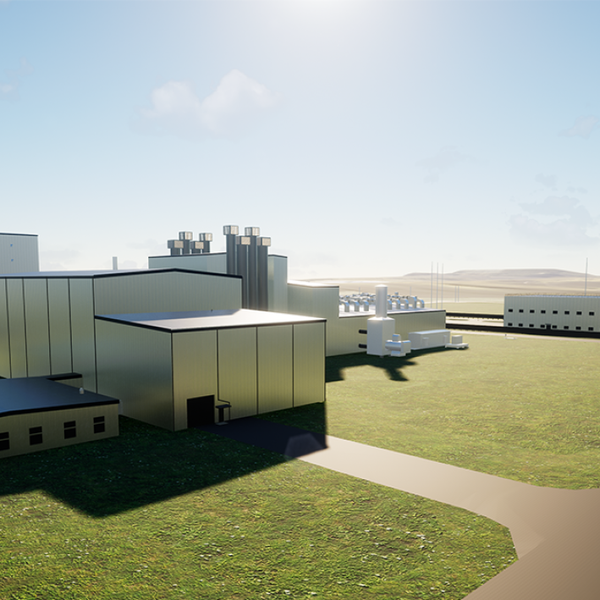Japan is moving closer towards suspending nuclear power in the wake of the Fukushima disaster. Of the 54 nuclear reactors in the country, only one is now in operation, and even that one may cease operations in May, says the power company.
People living near the nuclear power plants have refused to allow the government to restart reactors after undergoing stress tests, and nuclear opposition in the country is high.
Before the Fukushima nuclear disaster, the country had gotten about a third of its power from nuclear plants.
Greenpeace Japan's executive director Junichi Sato stated, "Japan is practically nuclear free, and the impact on daily life is invisible," and said that there was "absolutely no need to rush restarts of nuclear plants."
Japan Times: Hokkaido has only reactor still operating
Reactor 3 at the Tomari nuclear power plant in Hokkaido has the dubious distinction of being the last of the nation's 54 commercial reactors still in operation. But come May 5, it, too, will be taken offline, Hokkaido Electric Power Co. said Monday. [...]
Since the Fukushima crisis, not one reactor in the nation has been restarted since being subjected to stress tests mandated to examine their ability to withstand major earthquakes and tsunami similar to those that led to the Fukushima catastrophe.
Prime Minister Yoshihiko Noda and three other ministers are expected to hold talks this week to initiate procedures for restarting two reactors at Kansai Electric Power Co.'s Oi power plant in Fukui Prefecture, following an endorsement by the Nuclear Safety Commission of initial stress test results from the reactors.
But prospects for restarting reactors 3 and 4 at the Oi plant are still unclear amid opposition from local residents.
BBC News: Japan left with one nuclear reactor after shutdown
Japan has shut down another nuclear power station, bringing it a step closer to suspending atomic energy, following the Fukushima disaster.
Only one of the 54 nuclear reactors remains in operation, and it is due to be switched off in May.
Residents have demanded reactors not be turned back on after routine maintenance due to safety fears. [...]
The government has been carrying out stress tests on nuclear power stations to try to persuade people living nearby that they can resist strong earthquakes.
But since the Fukushima disaster, local communities have been refusing to allow reactors to be restarted after routine maintenance, which has to take place every 13 months.
In the meantime, Japan has increased its fossil fuel imports, with electricity companies pressing old power plants into service.
Reuters: Japan shuts down nuclear reactor
Japan has 54 reactors, but since the tsunami last March triggered the world's worst nuclear crisis in 25 years at the Fukushima plant, it has been unable to restart any reactors that have undergone maintenance due to public safety concerns. [...]
Greenpeace Japan's executive director Junichi Sato said that the country could survive without rushing to restart its nuclear sector. "Japan is practically nuclear free, and the impact on daily life is invisible," Mr Sato said in a statement. "With proper demand management, energy efficiency measures, and more than sufficient backup generation in place, there is no excuse for shortages in the coming months, and absolutely no need to rush restarts of nuclear plants." [...]
The process to restart halted reactors is unclear. Japan's nuclear safety watchdog and another experts' panel are currently reviewing stress test results submitted by utilities that gauge how reactors can withstand extreme events like a huge tsunami.
Once they give approval, ministers including prime minister Yoshihiko Noda can give the green-light for the restarts, but only after they deem there is enough local and public support, and surveys show this may not be easy.


